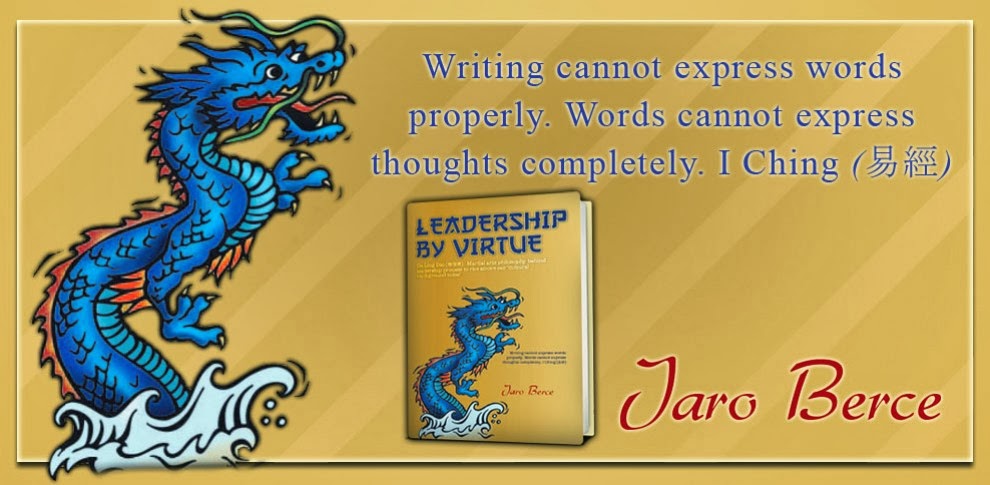What made Apple so successful and a very good place to work? ”The lack” of bureaucracy within projects, engineer-focused corporate culture, emphasis on passionate and loyal employees, the huge company has maintained the corporate culture from the start-up days, said Bianca Males in ‘8 Management Lessons I Learned Working at Apple.’ Is that all?
John Harvey-Jones claims: “If a company is successful, it is due to the effort of everyone, but if it fails, it is because of the failure of the board. If the board fails, it is the responsibility of the chairman, notwithstanding the collective responsibility of everyone.” This is a better, but still not an all-encompassing answer.
I've seen devoted leaders and the company workforce come to the same agenda to be hauled down then by calcification in mid-level management. These are the individuals that seem to be there forever and who seem to be undeceive about understanding the need to change. To preserve their way of operating they fight all and any form of change. They have a power over the subordinates and are very careful when dealing with the senior managers. Normally this prevents a healthy, insightful incremental change by dedicated teams. It also perpetuates an environment that undermines the transformation initiatives. It is a sad set of affairs as leaders put a lot of energy and funds into what they believe will be a path to transformation, only to discover a systemic resistance. To move those HR barriers in a company is a great leadership challenge.
To achieve that, no matter on which level, the first and most influencing process is “our way” of leadership. For us to be effective in leadership attempts, it is important to match the style of the leadership and our personal development level. We have to understand the level of our mind set to be able to use a leadership style that ‘fits’ us. This can normally prevent the potential perception of ‘arrogance’ a lot of top managers are ascribed to have. Zenger, Folkman and Edinger conducted a four-year study of over 200,000 respondents describing 20,000 leaders to determine what makes an outstanding leader. The ability to ‘inspire and motivate to high performance’ was the single most powerful predictor of being perceived as an extraordinary leader.
There is a good point for the above mindset misuses in Zhuangzi’s story. When the King asked Xu ‘Can Nie Que be the king?’ Xu said, ‘Alas! The kingdom will be in danger! As a man, Nie Que is a man of intelligence and understanding, sharp-witted and quick-minded. His talents are far above others and he knows how to comply with nature through human efforts. He is good at preventing errors but does not know the source of those errors. Let him become the king? He would resort to human wits and ignore nature. He would be self-centered in dealing with everything; he would worship knowledge and run after it; he would be driven by affairs and be indulged in things; he would be a slave of circumstances and things; he would meddle with things with fix ideas. How can he be fit to become a king? He can be a minister, but he cannot be a king. His way of government would be the apple of discord, a disaster to the ministers and peril to the kingdom.’
So to be truly a good inspiring and motivating leader that reduces or even demolishes barriers within a company, a nameless Chinese sage long ago advised: let your mind wander in pure nature, remain inactive, follow the natural course of events, and leave your personal will aside. If one doesn't follow those basic principles one will be dealing with the same issues day after day until the end of the term.
What would we add to a day-to day leadership practice? What can we do today to correct our leadership approach? Please leave your comment in the "Post a Comment"."



No comments:
Post a Comment
Note: Only a member of this blog may post a comment.